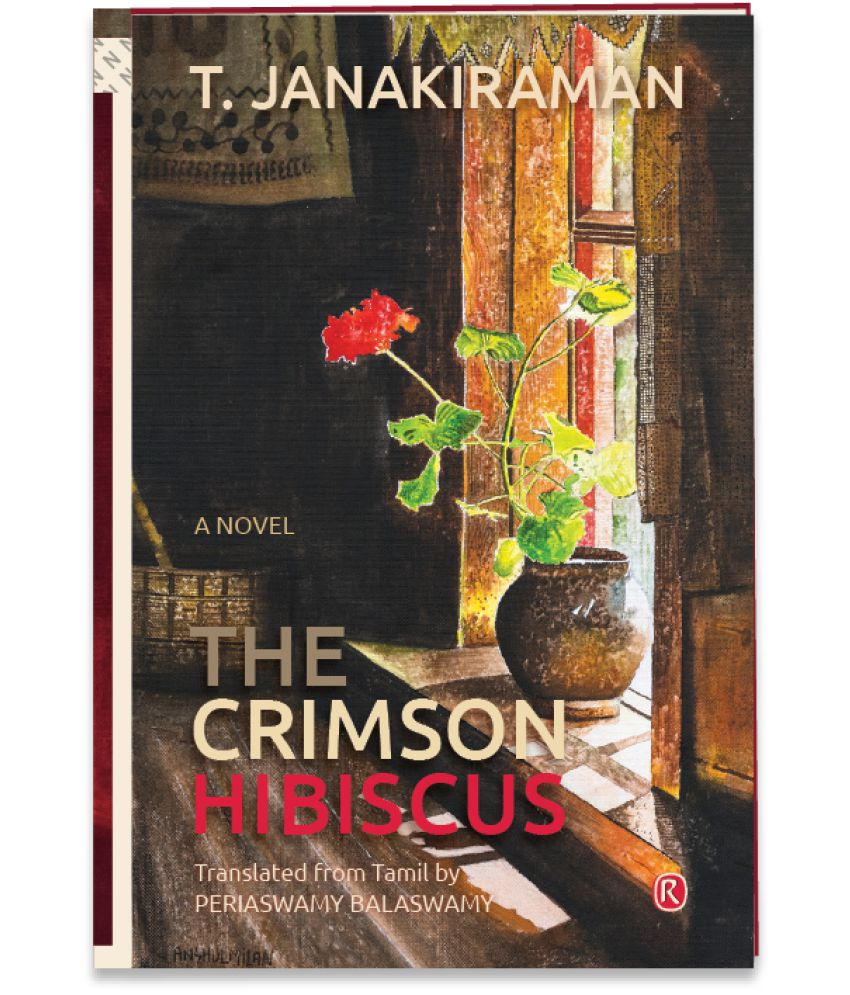Set in the preSecond World War decades in Tamil Nadu and considered among thebest of Tamil novels, ‘Sembaruthi’ is the story of an ordinary person, a shopkeeper, who is forced to give up studies at a young age after his brother’s death, and to take up managing a small shop in a small town, and to take care of his own and his two brothers’ families. Full of twists and turns, it is a family tale about how the protagonist faces life with its losses and gains, ups and downs, and emerges as a noble person. With three women living with him, who love him but also give him enough trouble, he navigates through family life with his wife, whom he loves and admires, and who stands by him through all his trials. He is witness to the freedom struggle and the corruption that seeped into public life in the postIndependence period, as well as the rising Communist movement in India.
It is an intense and psychologically deep examination of the impact of sexuality on the inner lives of men and women. The protagonist’s stream of consciousness examines the nuances, contradictions and ethical dilemmas; and poses the most daring question – can a man allow two women to rule his heart?
About the author
T. JANAKIRAMAN (1921–1982), a celebrated author in Tamil literature, is admired for his crisp conversational style in the Thanjavur dialect, brilliant character sketches, and his deeply humanistic convictions. He explored various facets of man–woman relationships and is known for his strong women characters and their freedom over their sexuality.
Janakiraman wrote nine novels, over 120 short stories, seven
novellas, four stage plays, three travelogues and several essays.
He translated two Nobel prizewinning novels into Tamil: The
Dwarf (Pär Lagerkvist) and Mother (Grazia Deledda). Two of
his novels have been translated into English: Sins of Appu’s
Mother (retranslated as Remembering Amma) and Wooden
Cow. He scripted and produced several radio programmes for
the All India Radio where he worked and was designated as
‘Producer Emeritus’. In 1979, he was conferred the Sahitya
Akademi Award.

